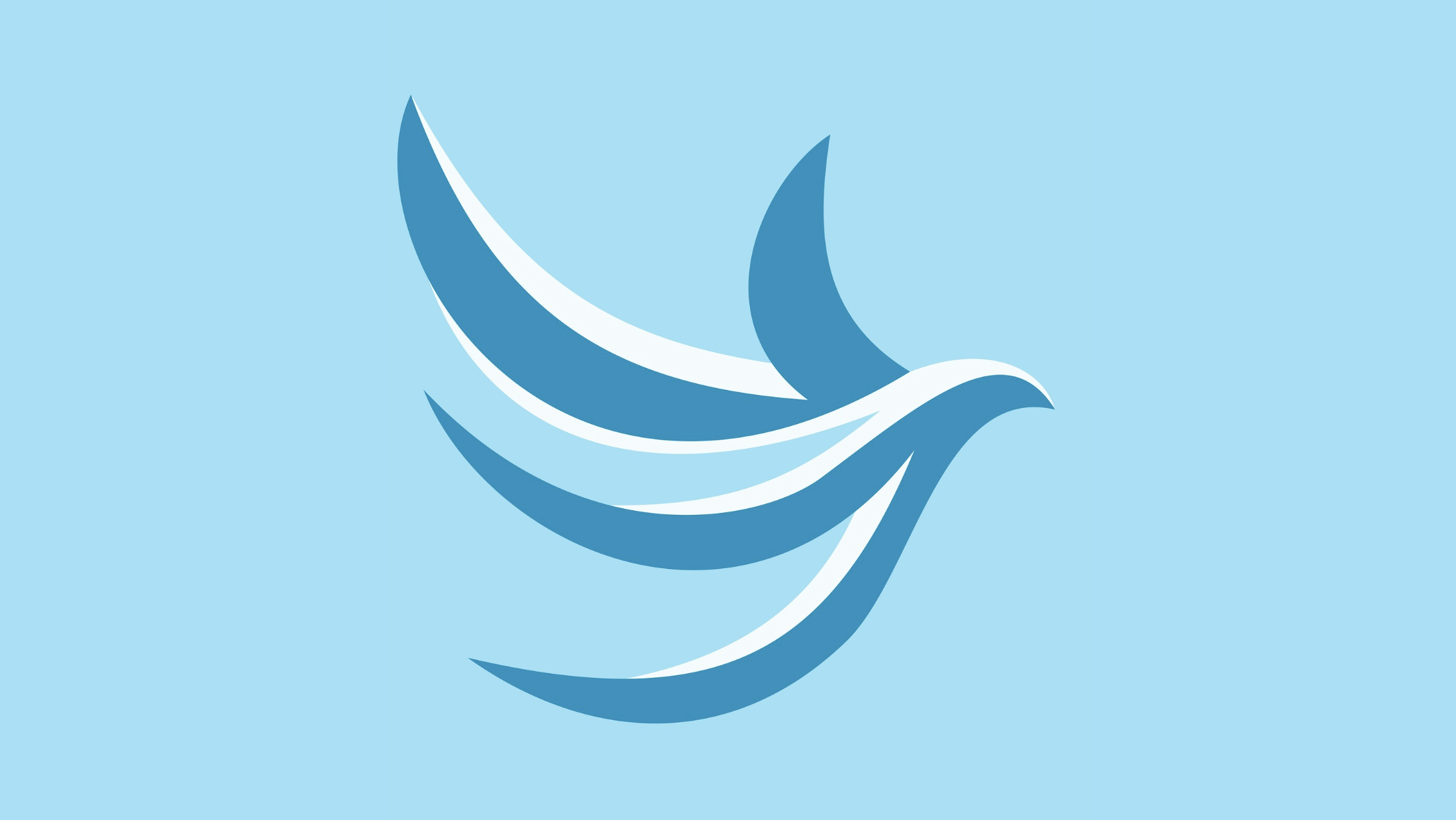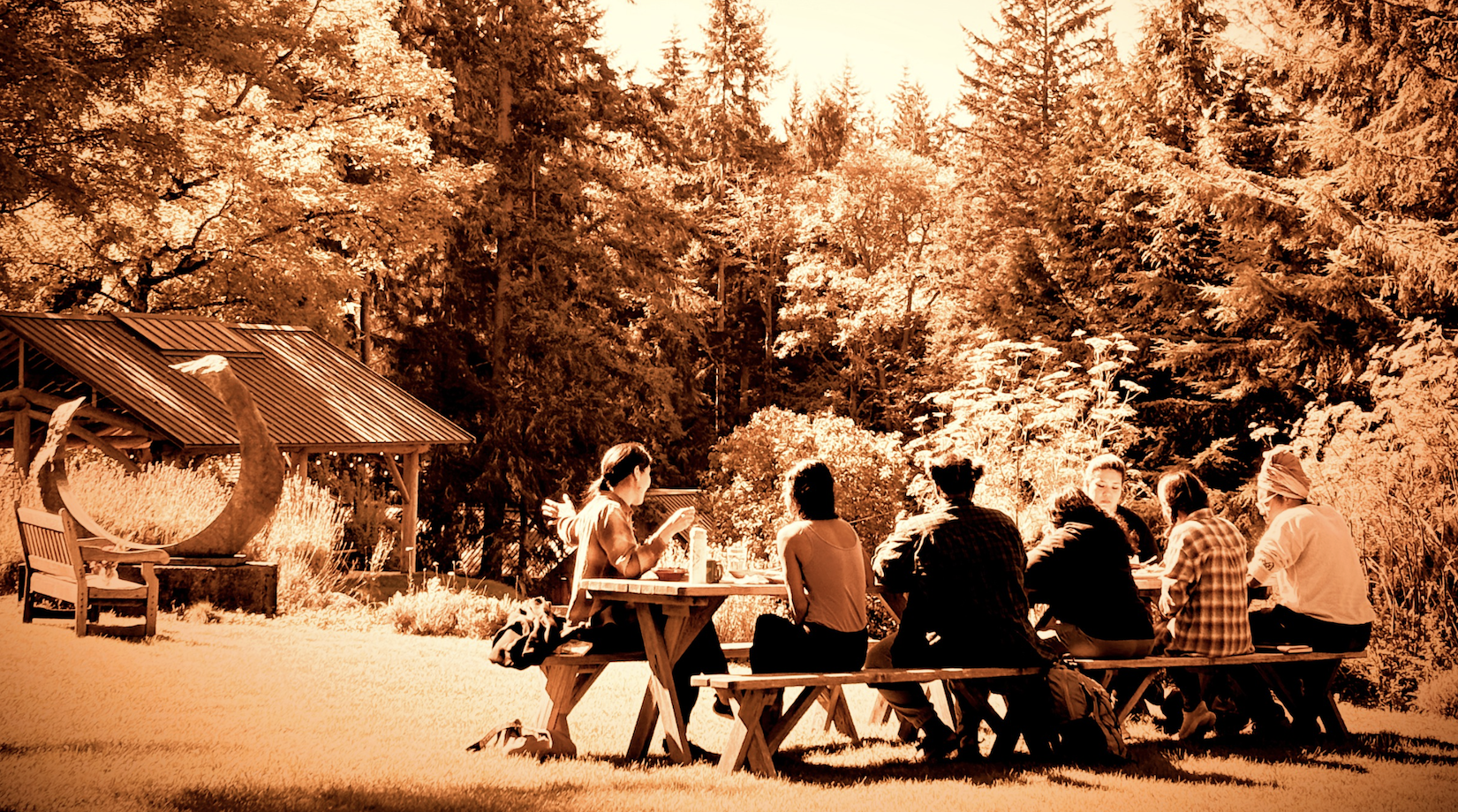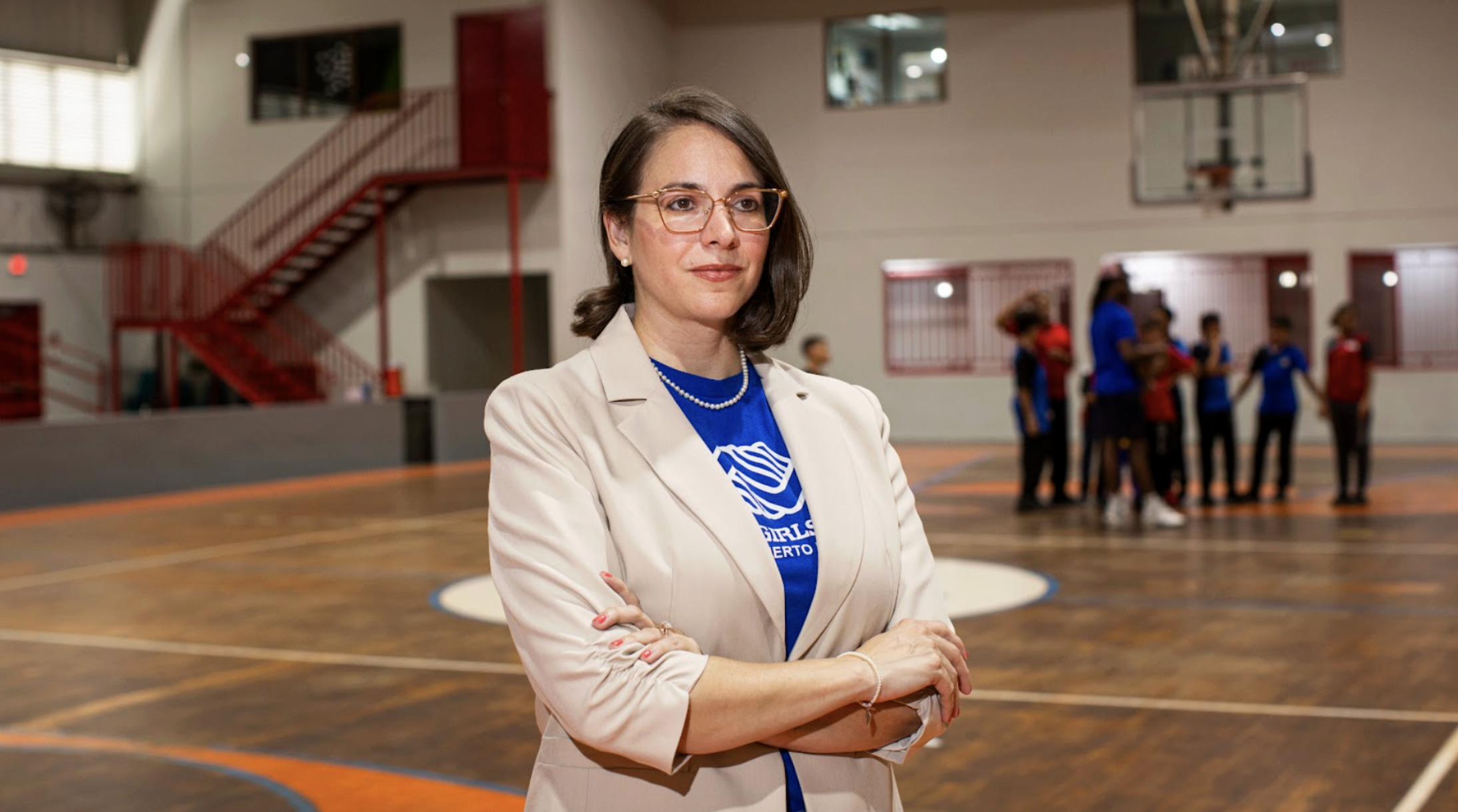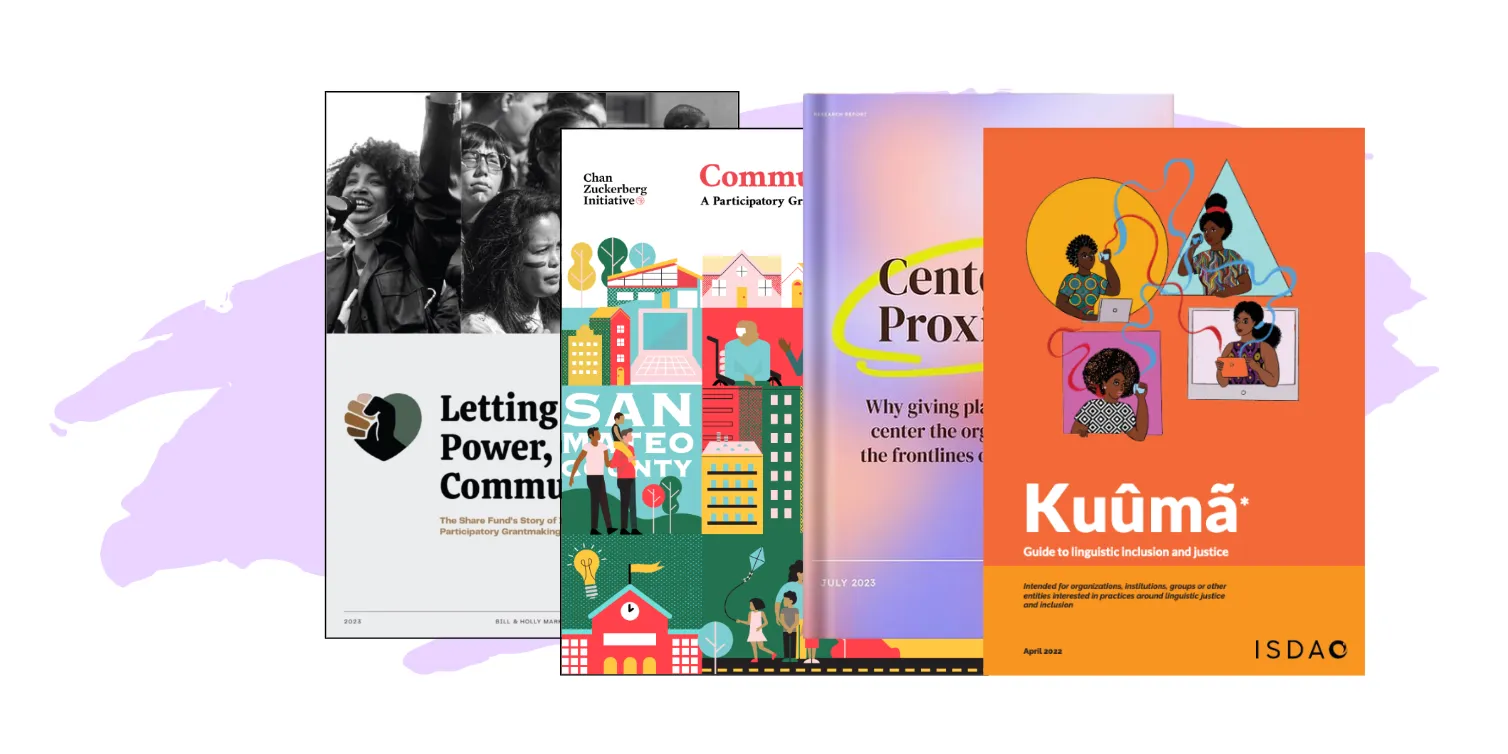Last month I flew to Nashville to sit in on Making Money Make Change, the annual conference organized by the donor organizing hub Resource Generation.
Resource Generation, as we explored in March, is a membership community for young people from backgrounds of wealth or privilege, who are keen on justice and wealth redistribution. With 1,200 dues-paying members across 21 chapters, the network is a force in philanthropy, and will only become more influential as Baby Boomers continue to pass down an estimated $68 trillion to their Millennial and Gen Z heirs.
As I sat in on the opening plenary, feeling my age among the sea of 18-35 year-olds, it was immediately clear that this was not your grandfather’s philanthropy conference. The first thing that struck me was the use of language.
While many funder conferences I attend are full of vague talk about "human rights" and "social justice", the call-and-response dynamic of this room felt different. The folks on stage here were talking about "class struggle", "working class movements", and "community organizing". They were talking explicitly about politics.
A political home
I quickly understood that Resource Generation sees themselves less as a philanthropy-serving organization, and more as an arm of the political Left. Their mission is to be a "political home" for young people of the upper classes, in order to organize them for cross-class movement building. Think: Occupy Wall Street, rallies in the streets, direct political action.
Yahya Alazrak, Resource Generation's ED since 2021, told me that this has always set the network apart from its philanthropic peers."When we were founded in the late ‘90s, we were the first donor community that asked: how do we build a political base of wealthy people?" they told me. "One of our outcomes is moving money. But that's not our mission. Our mission is leadership development."
Moving money was certainly on the agenda. The emotional apex of the conference was a session called the Money Survey, where attendees heard the cold hard facts of resource distribution: the people in the room represented $5.6 billion of family assets, but gave away an average of less than two percent. It was a sober moment, accented by the plea of a working-class Resource Generation team member who implored the crowd to think about upping their giving.
But these conversations were counterbalanced with old-school political education of the Saul Alinsky strain.
During the expertly-curated panels on the Transforming Philanthropy track, we heard from thinkers like Rajiv Khanna of Thousand Currents, who gave a 45-minute political history of global capitalism and philanthropy, and Chuck Collins of the Institute for Policy Studies, who shared hard truths about wealth hoarding and DAF reform. Like any good organizers, the speakers stuck around to share a meal with their students, and talk about how the lesson made them feel.
Sahana Mehta, who works with high net wealth donors at Resource Generation, told me the track was designed to give members a "menu of organizing options" alongside a menu of redistribution options: "We want to help members orient toward participation in social movements."
What next?
Bubbling below the surface of the Nashville conference was the question of Resource Generation's size and reach. At the heart of any political organizing strategy is coalition-building; how big and broad the movement can grow.
After the 2020 elections, Resource Generation's membership nearly doubled in size, from 700 to 1,200 people. But so far the community has seen a much more muted response to the recent elections.
Still, Alzarak says they expect "something big" to happen in "the next six months" that will drive young people of privilege to seek a political home. And Resource Generation will be there waiting with open arms.
"We try to approach conversations about giving away your money from an asset perspective," Alazrak told me. That means helping members understand how conversations about privilege can be a way to deepen relationships with family members, and upend taboos around money. It also means leaning into members' creative energy, with a conference agenda featuring a talent show, dance party and sessions dedicated to creating community through art.
Ultimately, their goal is to bring more people into the fold, in the right way. "We try to make this work appealing," Alazrak said. "That's just smart organizing."









.webp)

.webp)
%20(1280%20x%20720%20px)%20(41)%202.webp)
%20(1280%20x%20720%20px)%20(38).webp)
%20(1280%20x%20720%20px)%20(31).png)


%20(1280%20x%20720%20px).webp)











.webp)






.webp)
.gif)

.webp)


.gif)













